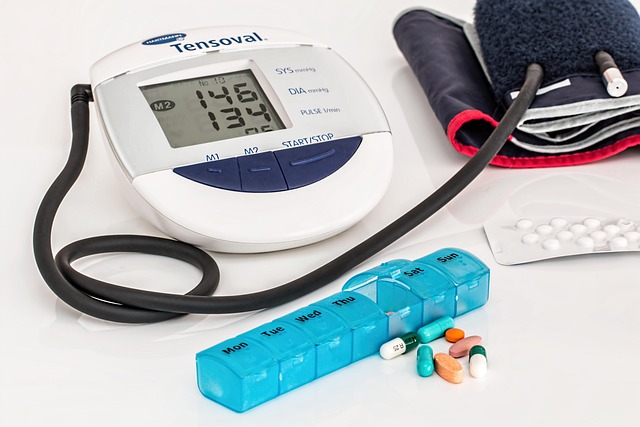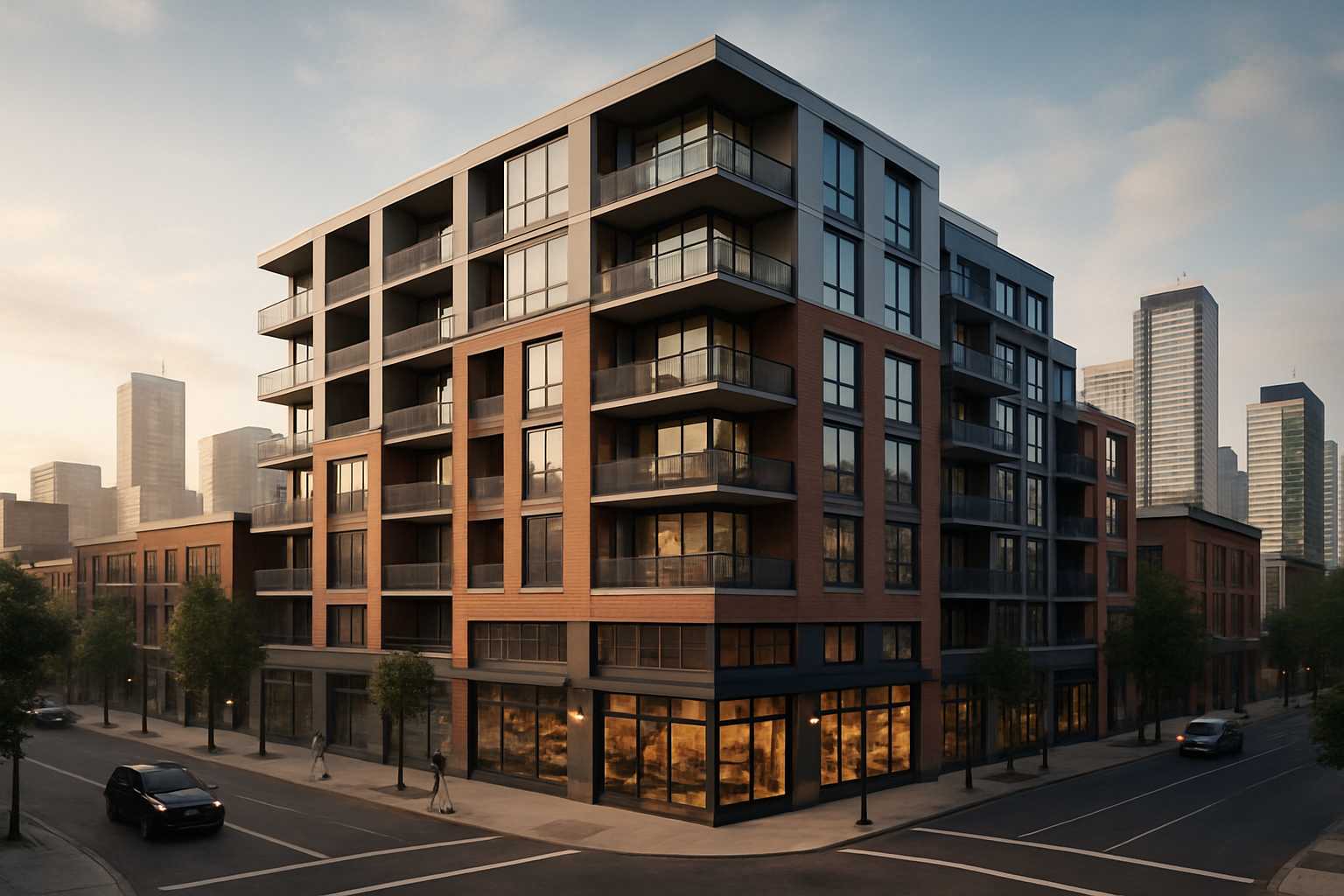Understanding the Connection between Depression and Physical Health
Depression, as a mental health disorder, has a long historical record. The first documented cases of what we now recognize as depression date back to ancient Mesopotamian texts, which refer to a condition of "melancholia." As medical understanding evolved, so did the perception and treatment of depression. In the 19th and 20th centuries, depression was often treated as a physical illness, with treatments ranging from rest cures to electroconvulsive therapy.

In the latter part of the 20th century, recognition of depression as a mental health disorder increased, and treatment shifted to psychotherapy and pharmaceutical interventions. However, despite the progress in understanding and treating depression, it remains one of the most common mental health disorders worldwide, affecting more than 264 million people, according to the World Health Organization.
The Physical Manifestations of Depression
Depression is not just a mental health disorder; it can also manifest in physical symptoms. These can range from chronic pain to digestive issues. Interestingly, these physical symptoms often lead individuals to seek help from general practitioners rather than mental health professionals, potentially delaying appropriate treatment.
Physical symptoms associated with depression include fatigue, headaches, back pain, gastrointestinal problems, and sleep disturbances. Several studies have also shown that depression can exacerbate the symptoms of chronic diseases such as diabetes and heart disease. Conversely, those with chronic physical diseases are more likely to develop depression, creating a complex interplay between mental and physical health.
The Biological Link between Depression and Physical Health
The biological connection between depression and physical health is a growing area of research. Depression is associated with changes in how the body functions. It affects the hypothalamic-pituitary-adrenal (HPA) axis, a complex set of interactions among the hypothalamus, the pituitary gland, and the adrenal glands, which control reactions to stress and regulate many bodily processes, including digestion, the immune system, mood and emotions, sexuality, and energy storage and expenditure.
Depression also increases inflammation in the body, which can lead to physical illnesses such as heart disease and stroke. Moreover, depression is linked to alterations in the gut microbiota, which can influence both mental and physical health.
Depression, Lifestyle, and Physical Health
Lifestyle factors play a crucial role in both the development and management of depression. Poor diet, lack of physical activity, and poor sleep can all contribute to the onset of depression. On the other hand, healthy lifestyle habits can help manage depression and improve physical health.
Nutrition is one such factor. A healthy diet can reduce inflammation, support gut health, and provide essential nutrients for brain health, all of which can help manage depression. Regular physical activity is another important factor. Exercise not only improves physical health but also has psychological benefits, as it increases the production of endorphins, known as “feel-good” hormones.
Addressing Depression in a Holistic Way
Given the strong connection between depression and physical health, it’s essential to approach treatment holistically. This means not only addressing the psychological symptoms of depression through psychotherapy or medication but also considering physical health. This can involve regular physical activity, a nutritious diet, adequate sleep, and stress management techniques.
Furthermore, healthcare providers must be aware of the physical manifestations of depression to ensure early and appropriate treatment. Lastly, it’s important to foster open conversations about mental health to break down the stigma associated with depression, which can often prevent individuals from seeking help.
In conclusion, understanding the intricate relationship between depression and physical health can lead to more comprehensive and effective treatments. It can also provide unique insights into the complex nature of human health, which is not just physical or mental, but an interwoven combination of both.




